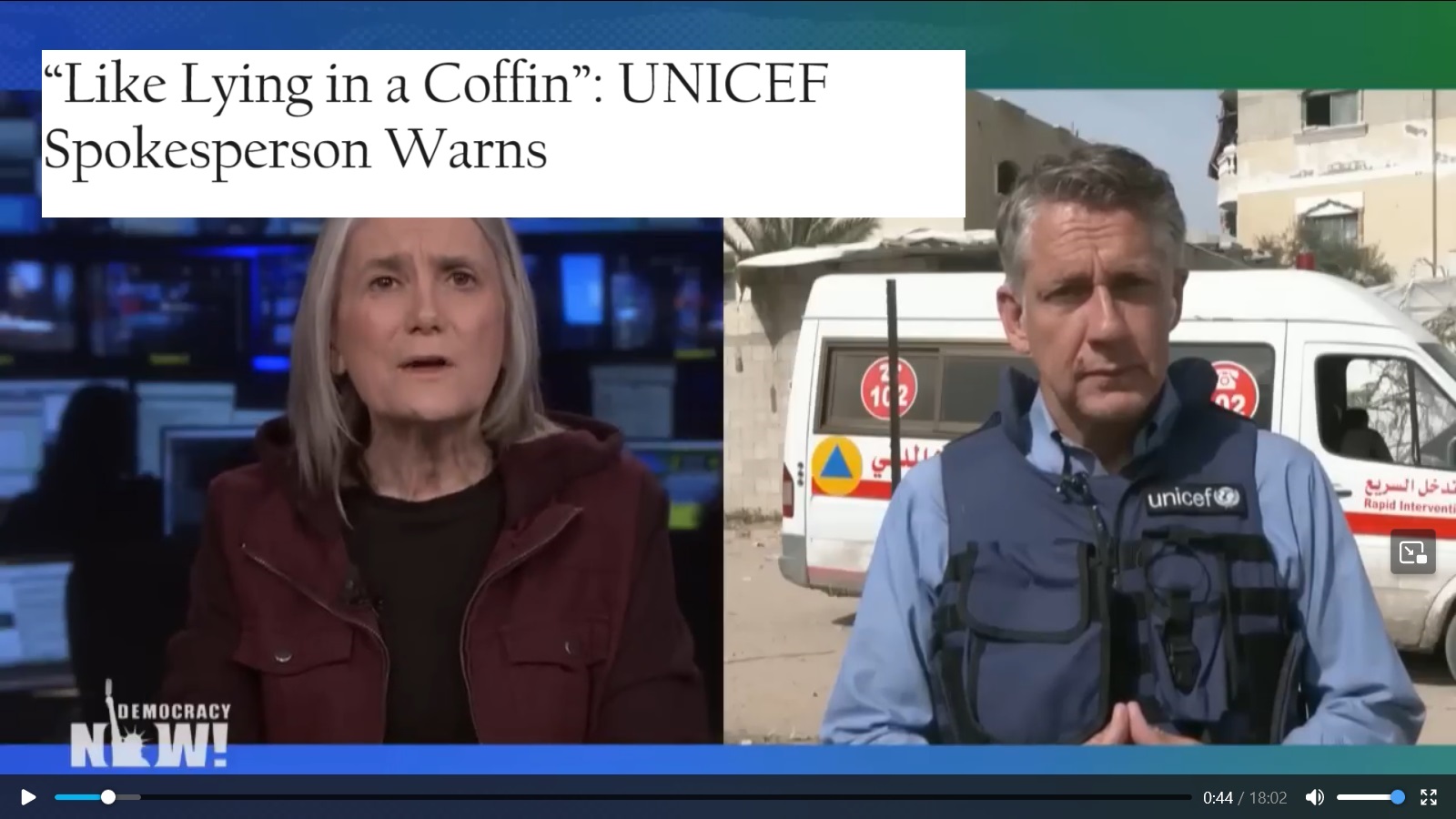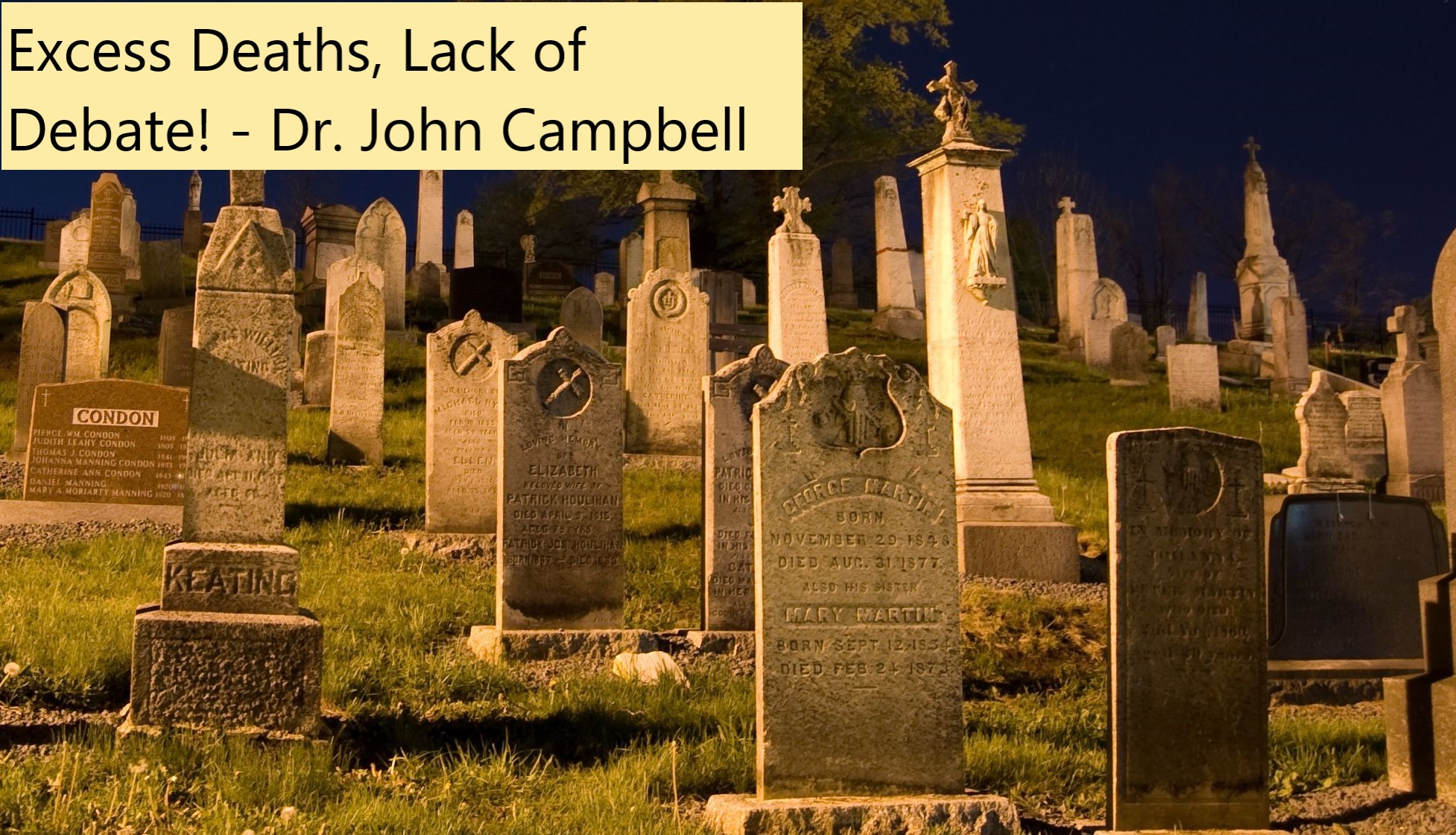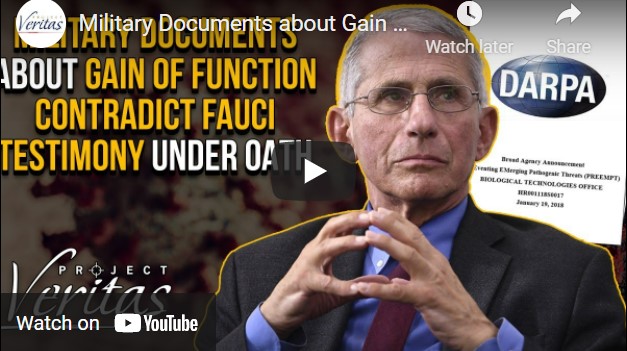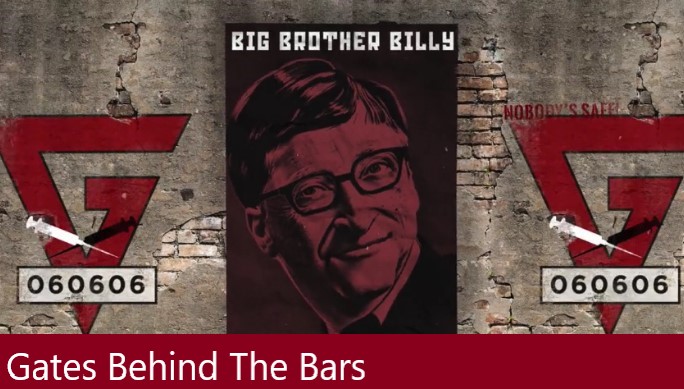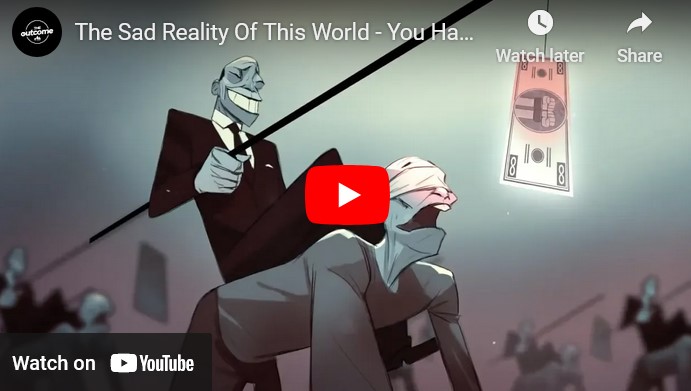BP oil leak threatens to bust bedrock!
 Monday, July 19, 2010 at 09:07AM
Monday, July 19, 2010 at 09:07AM The US government has ordered oil giant BP to offer a plan for opening the capped oil well in the Gulf of Mexico, after a seep was found threatening to leak into the bedrock.
"I direct you to provide me a written procedure for opening the choke valve as quickly as possible without damaging the well should hydrocarbon seepage near the well head be confirmed," AFP quoted US Coast Guard Admiral Thad Allen as saying in a letter to BP chief managing director Bob Dudley on Sunday.
The order came after reports of a methane seep detected at a distance from the well and undetermined anomalies at the well head.
The authority also ordered BP to report on a "detected seep" and other "anomalies" near the oil well as experts monitor the seabed for cracks.
"Given the current observations from the test, including the detected seep a distance from the well and undetermined anomalies at the well head, monitoring of the seabed is of paramount importance during the test period," the official added.
Experts say this could mean more leaks are being sprung.
The Coast Guard admiral has given the energy corporate 24 hours to provide a new method without damaging the well but BP says three days are needed to start the process.





















































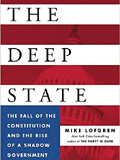



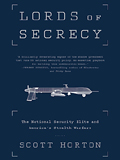



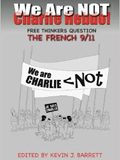



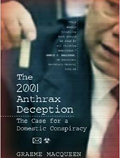


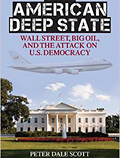


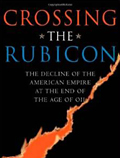
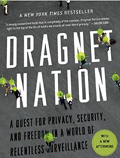




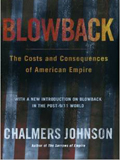




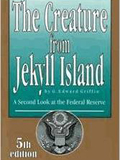





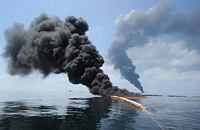 Engineers monitoring BP's damaged well in the Gulf of Mexico detected seepage on the ocean floor that could mean problems with the cap that has stopped oil from gushing into the water, the U.S. government's top oil spill official said on Sunday.
Engineers monitoring BP's damaged well in the Gulf of Mexico detected seepage on the ocean floor that could mean problems with the cap that has stopped oil from gushing into the water, the U.S. government's top oil spill official said on Sunday. Vice President Biden said Sunday that progress in Afghanistan has been "a tough slog," but he said U.S. troops will begin leaving in July 2011.
Vice President Biden said Sunday that progress in Afghanistan has been "a tough slog," but he said U.S. troops will begin leaving in July 2011. Washington's intelligence establishment appears to be in panic mode over an upcoming Washington Post series about runaway growth in defense and intelligence spending.
Washington's intelligence establishment appears to be in panic mode over an upcoming Washington Post series about runaway growth in defense and intelligence spending.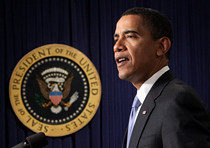 The man who seized the White House by fomenting a mood of irrational expectation is now facing the bitter price exacted by reality. The reality is that there can be no “good” American president. It’s an impossible hand to play. Obama is close to being finished.
The man who seized the White House by fomenting a mood of irrational expectation is now facing the bitter price exacted by reality. The reality is that there can be no “good” American president. It’s an impossible hand to play. Obama is close to being finished. How nervous should investors be about the Federal Reserve being more nervous?
How nervous should investors be about the Federal Reserve being more nervous?